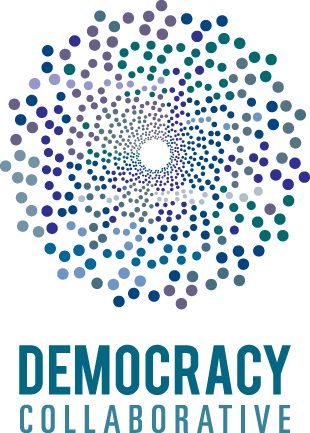The rhetoric of TINA (There Is No Alternative) in the matter of economic organising still permeates British politics. We are offered markets or state control and told that markets are better. We are offered corporations or nationalised industry and told that corporations are better. We are offered private property or state ownership and told that private property is better.
But to stick to those binary oppositions is to be content with being told what to think by powerful people: they are the options offered to us by those who manipulate ‘free’ markets to their own ends, by those who run corporations and by those who own plenty of private property.
Part of an alternative, tried and tested and all around us already, is the cooperative model. Co-operatives alone would not be enough to transform the economy, but they could form an important part of the picture. The end to which we might aspire, of a cooperative economy embedded within community organising, was outlined in this piece and this excellent piece on the openDemocracy site by members of the US-based Democracy Collaborative. The latter article finished with a stirring conclusion:
There are real alternatives capable of moving us away from neoliberal austerity and in the direction of democratised ownership of the economy. Many of these alternatives – which go beyond cooperatives to public and quasi-public capital strategies – are already being put into practice in states and localities around the world. As the wave of asset-stripping privatisation comes crashing in, threatening to engulf schools, hospitals and public services, we must resist the sly voices of resignation and hold instead to the simple determination that, whatever else may happen, they shall not impoverish our imaginations too.

